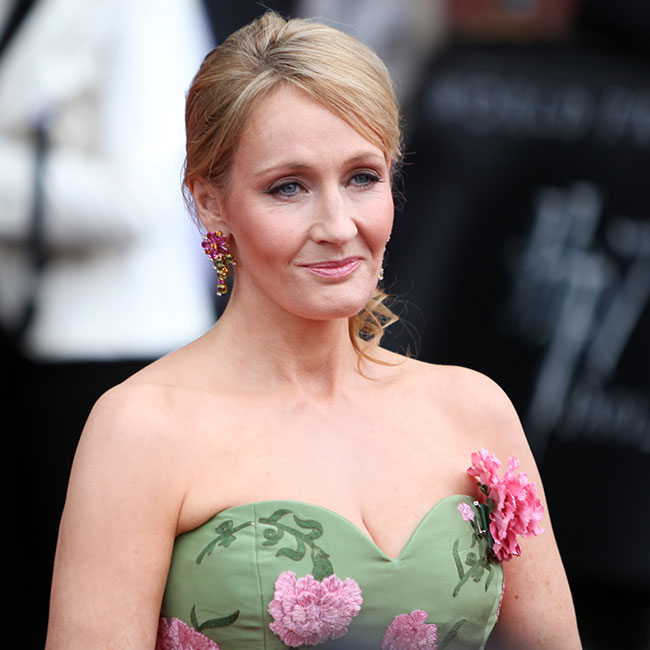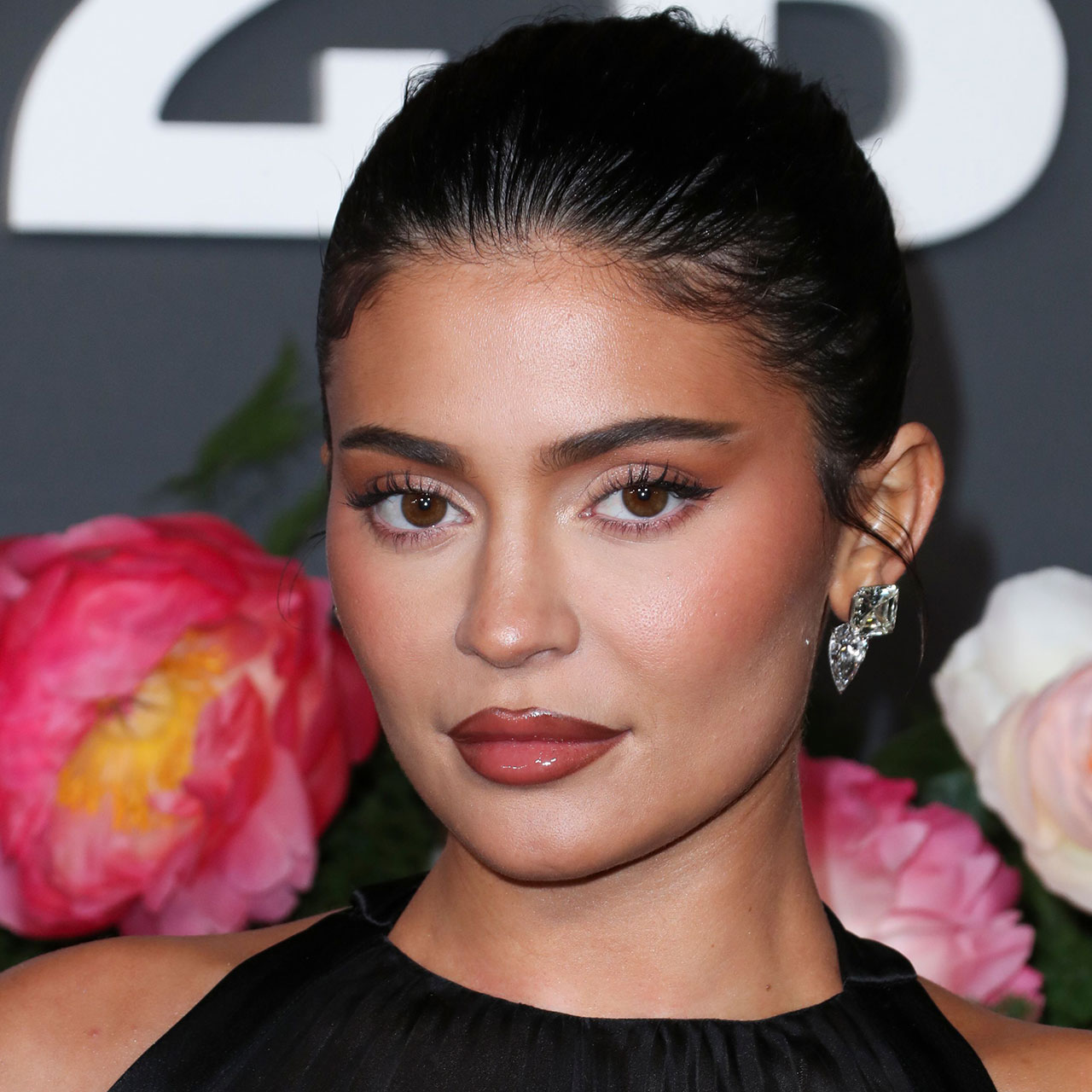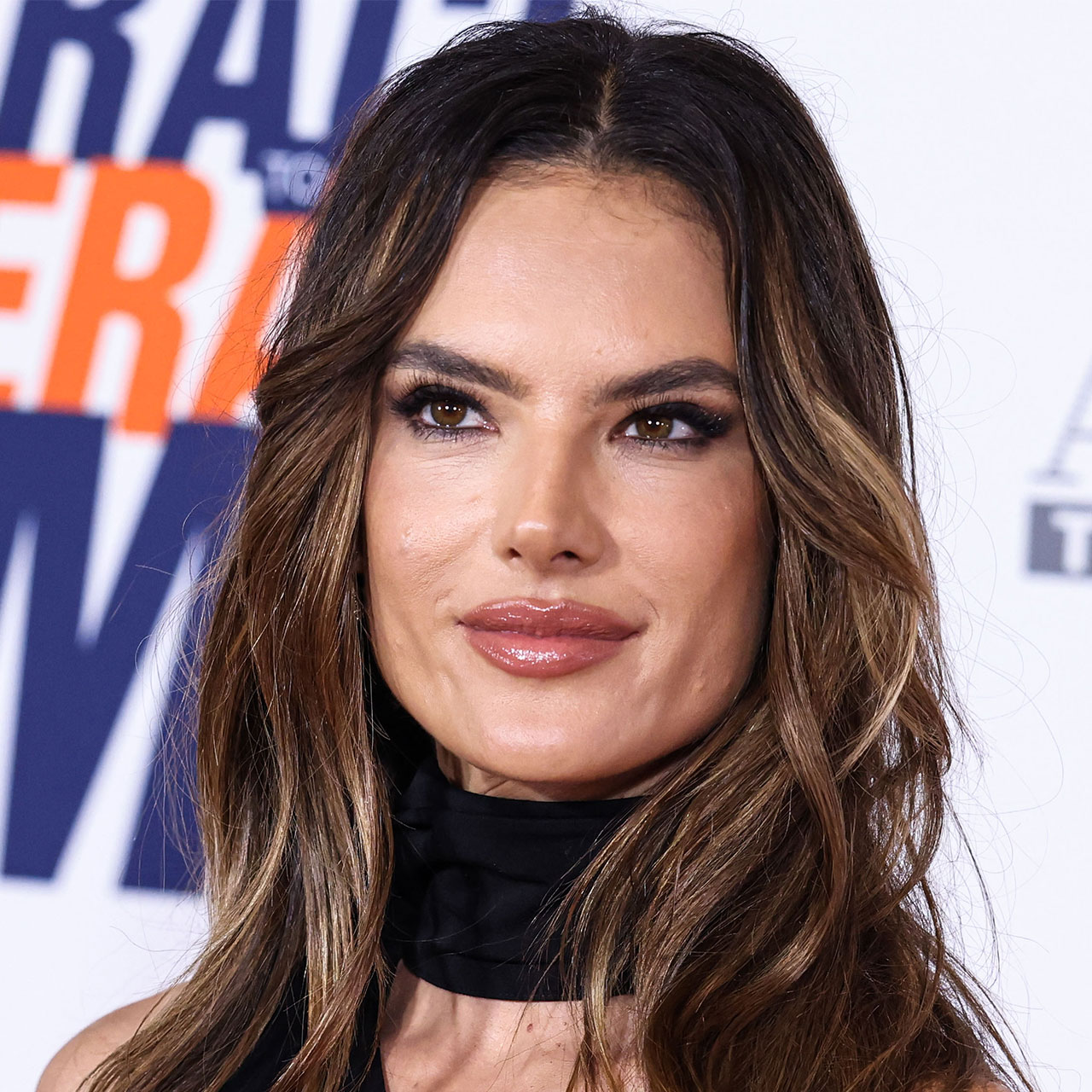This is an archived article and the information in the story may be outdated. Please check the time stamp on the story to see when it was updated last.
JK Rowling has gotten a lot of criticism for her most recent tweets with many fans accusing the writer of being transphobic. The accusations started after Rowling spoke out on Twitter, critiquing an article that referred to “people who menstruate.”
In response, the author wrote, “I’m sure there used to be a word for those people. Someone help me out. Wumben? Wimpund? Woomud?”
‘People who menstruate.’ I’m sure there used to be a word for those people. Someone help me out. Wumben? Wimpund? Woomud?
Opinion: Creating a more equal post-COVID-19 world for people who menstruate https://t.co/cVpZxG7gaA
— J.K. Rowling (@jk_rowling) June 6, 2020


The writer followed up on her original tweet: "If sex isn’t real, there’s no same-sex attraction. If sex isn’t real, the lived reality of women globally is erased. I know and love trans people, but erasing the concept of sex removes the ability of many to meaningfully discuss their lives. It isn’t hate to speak the truth."
She continued, "The idea that women like me, who’ve been empathetic to trans people for decades, feeling kinship because they’re vulnerable in the same way as women - ie, to male violence - ‘hate’ trans people because they think sex is real and has lived consequences - is a nonsense."

The author finished her controversial tweets, writing, "I respect every trans person’s right to live any way that feels authentic and comfortable to them. I’d march with you if you were discriminated against on the basis of being trans. At the same time, my life has been shaped by being female. I do not believe it’s hateful to say so."

Later, Rowling wrote an essay defending her comments: "The more of their accounts of gender dysphoria I’ve read, with their insightful descriptions of anxiety, dissociation, eating disorders, self-harm and self-hatred, the more I’ve wondered whether, if I’d been born 30 years later, I too might have tried to transition. The allure of escaping womanhood would have been huge."
She continued. "I struggled with severe OCD as a teenager. If I’d found community and sympathy online that I couldn’t find in my immediate environment, I believe I could have been persuaded to turn myself into the son my father had openly said he’d have preferred."

Since then, several stars of the Harry Potter movies have spoken out to defend trans rights, including Daniel Radcliffe, Emma Watson, and Rupert Grint.
Radcliffe wrote his statement in a blog post for The Trevor Project, a non-profit organization for suicide prevention among LGBTQ+ youth. He explained, "Transgender women are women. Any statement to the contrary erases the identity and dignity of transgender people and goes against all advice given by professional health care associations who have far more expertise on this subject matter than either Jo or I."


























